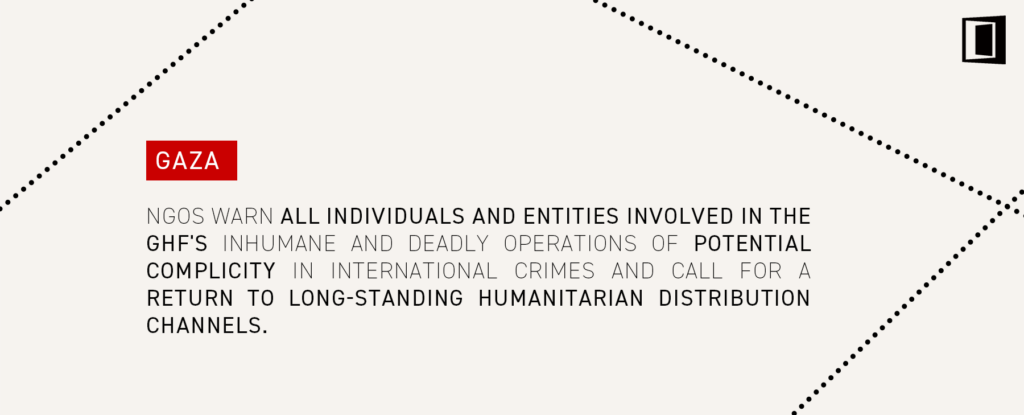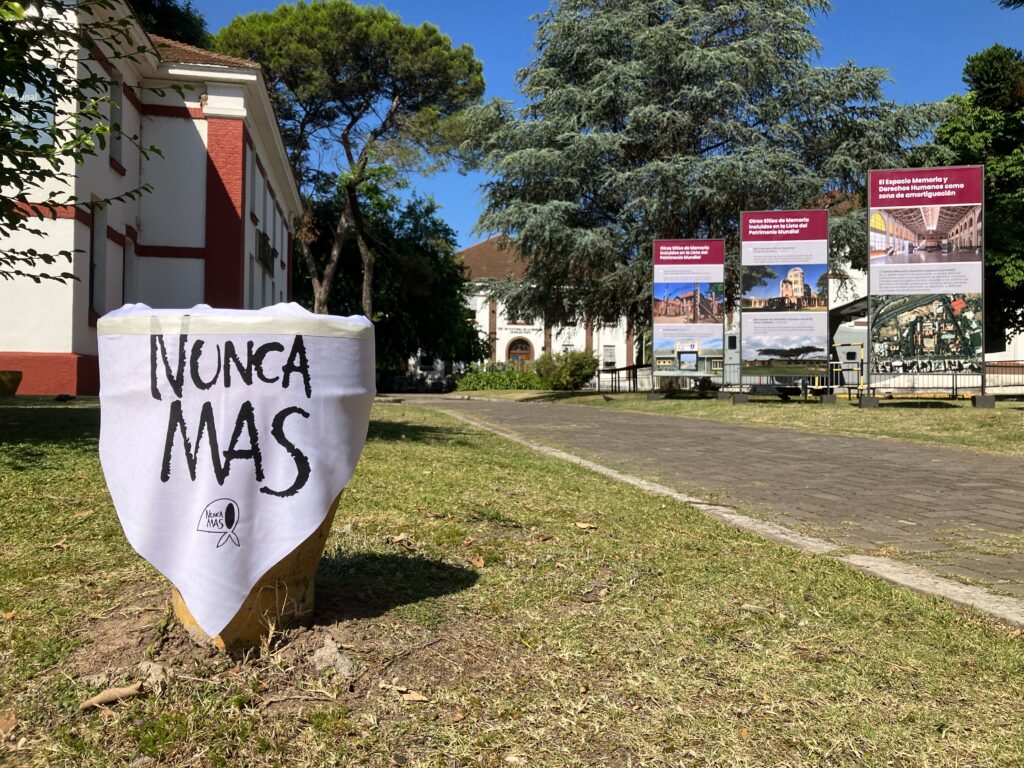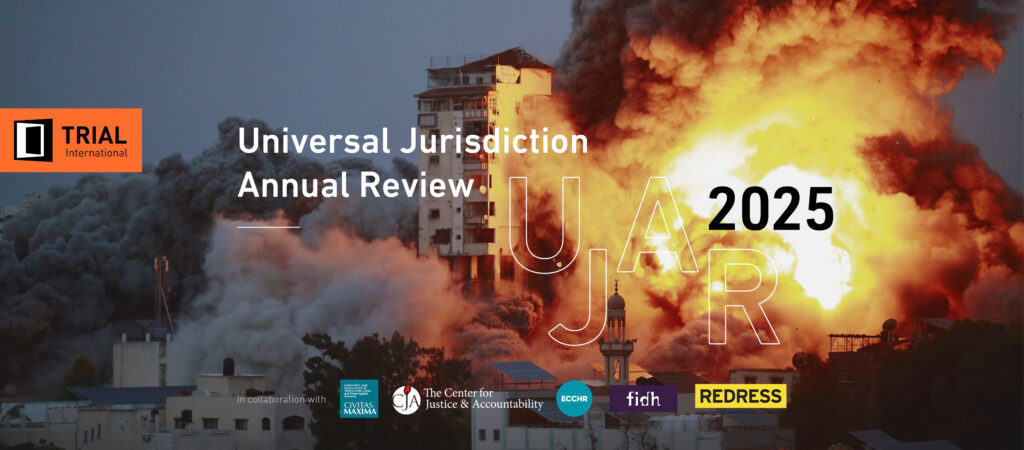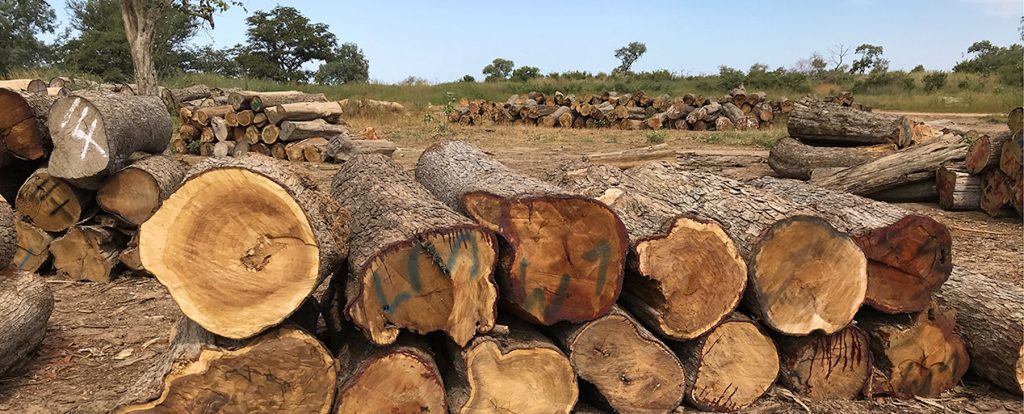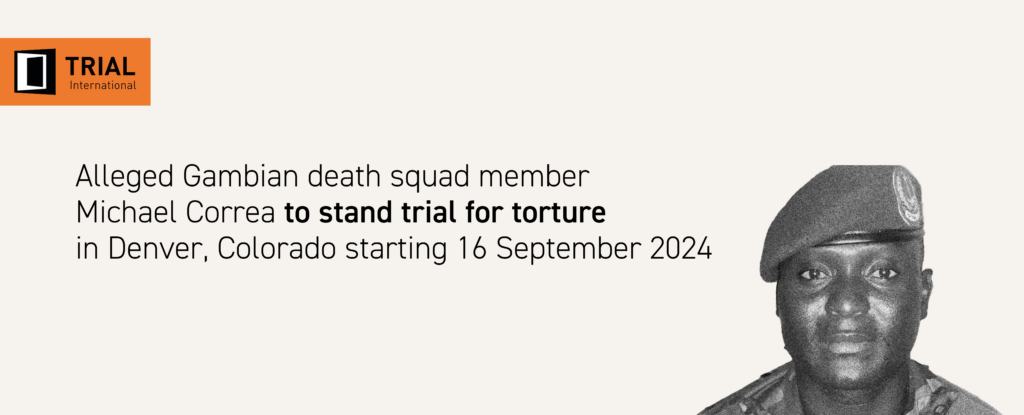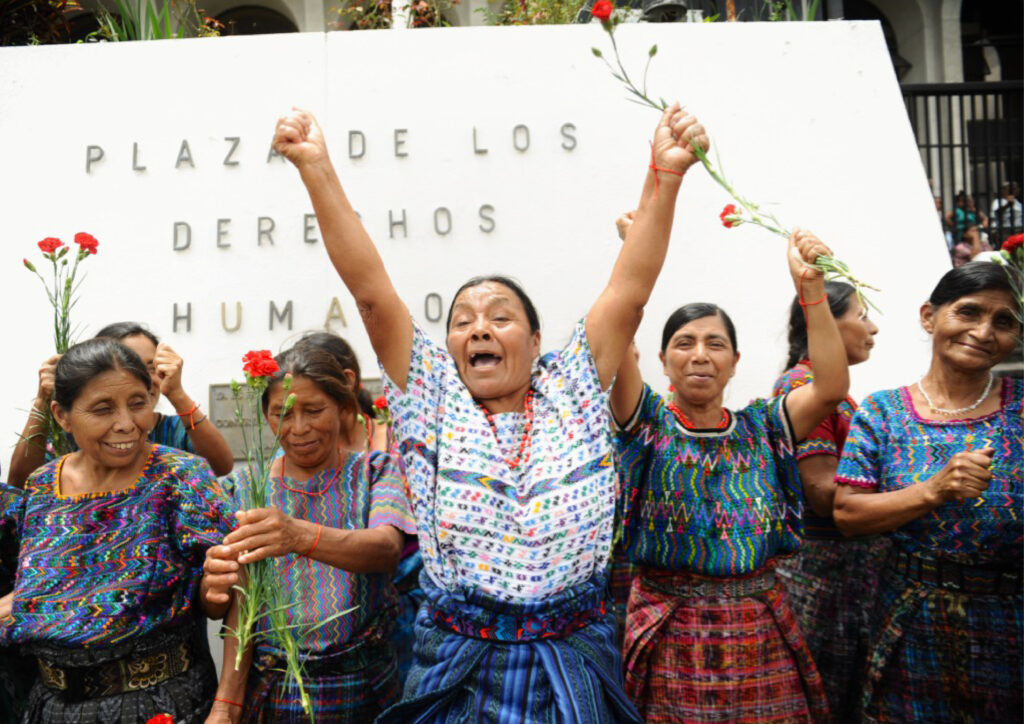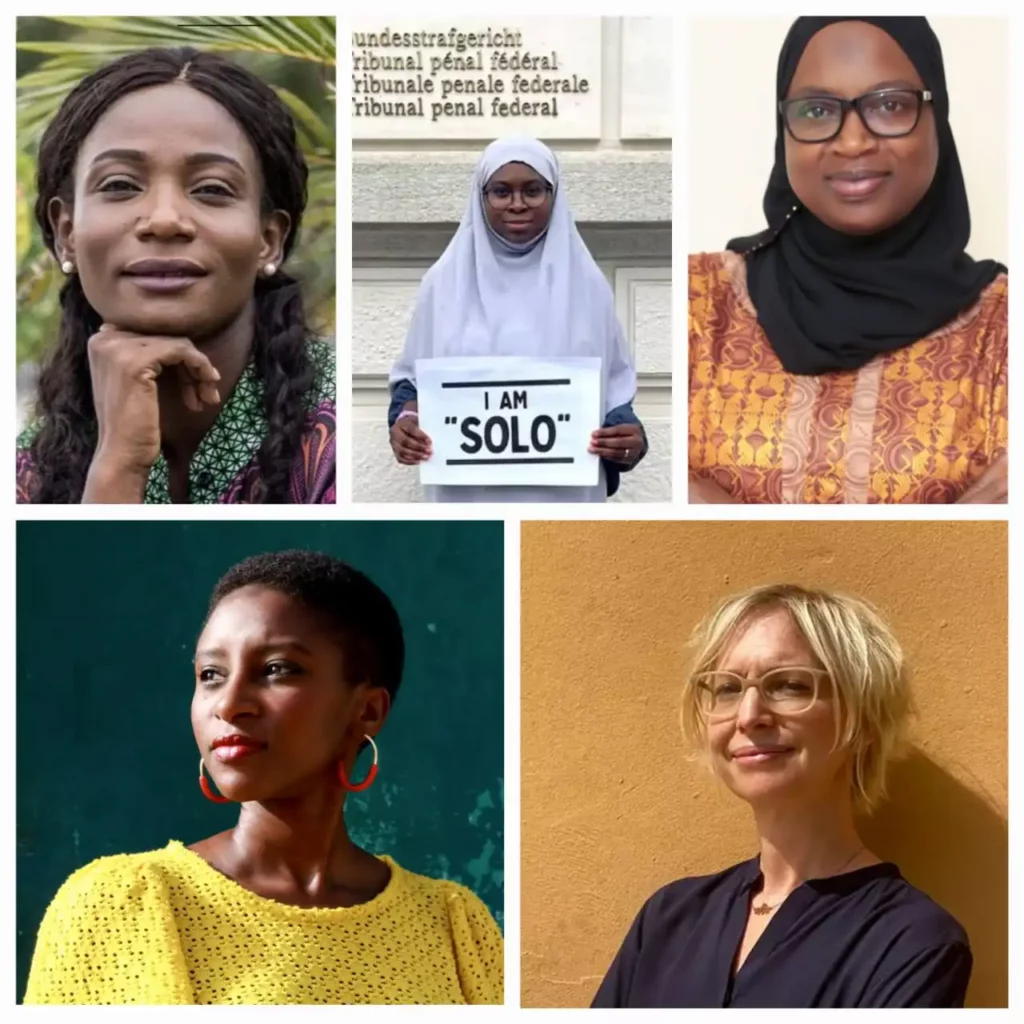From ICC to Universal Jurisdiction: the battle against impunity for sexual crimes
An op-ed by Valérie Paulet
The relevance of universal jurisdiction for torture or genocide has been widely acknowledged in the last few years. Time has now come for it to also tackle sexual crimes.
Upon taking her position in 2014, ICC Prosecutor Fatou Bensouda stated that fighting sexual violence would be on top of her agenda. This year, two high-profile cases have been heavily focused on the topic.
Firstly, Congolese warlord Jean-Pierre Bemba was condemned to 18 years imprisonment for rape as a war crime and a crime against humanity.
Secondly, this very month, the trial Dominic Ongwen opened with a strong message from the Prosecution: not only is the former Lord’s Resistance Army commander accused of ordering forced marriage, rape, torture and sexual slavery. But he will also have to answer for his direct participation to sexual crimes against his forced wives.
These landmark cases are essential, but they are only the tip of the iceberg. The ICC’s mandate is limited to certain situations and to prosecuting high-ranked individuals, leaving tens of thousands of sexual offenders beyond its scope.
States must face their own past
The ICC is based on the principle of complementarity, meaning that States bear the prime responsibility for prosecuting international crimes. This year, Guatemala has upheld this obligation with the trial of Reyes Girón.
The victims’ fierce determination to bring the Colonel to justice has finally paid off. He was condemned to 120 years of prison and $65,000 compensation to each victim for sexual violence, sexual slavery and domestic slavery during the Guatemalan war. It is the first time – worldwide – that a national court retains charges of sexual slavery during armed conflict.
Guatemala’s drive to address its dark past must be saluted and should set an example for other countries in post-conflict transition. The question is: will Syria, Irak, Yemen or Nigeria follow this path and prosecute sexual violence committed on their territories? The chances are thin.
Another way to justice
Truth is, prosecuting sexual crimes in armed conflict remains exceptional. The reluctance of States, the silence of victims and the lack of ICC jurisdiction on the situation are key limitative factors.
Yet we have had this year a spectacular example that justice can prevail against these odds: the conviction of Hissène Habré in Senegal. After a seventeen years fight, the former Chadian dictator was finally brought to justice under the principle of universal jurisdiction. He was the first former head of State to be convicted for rape.
Countless invisible victims from Central African Republic or Burundi have seen in this trial a beacon of hope. Safe havens for sexual offenders are shrinking, but not fast enough: it is high time States embrace universal jurisdiction for the ground-breaking tool it is to fight sexual violence worldwide.
Valérie Paulet, Trial Watch Coordinator
@valeriepaulet

